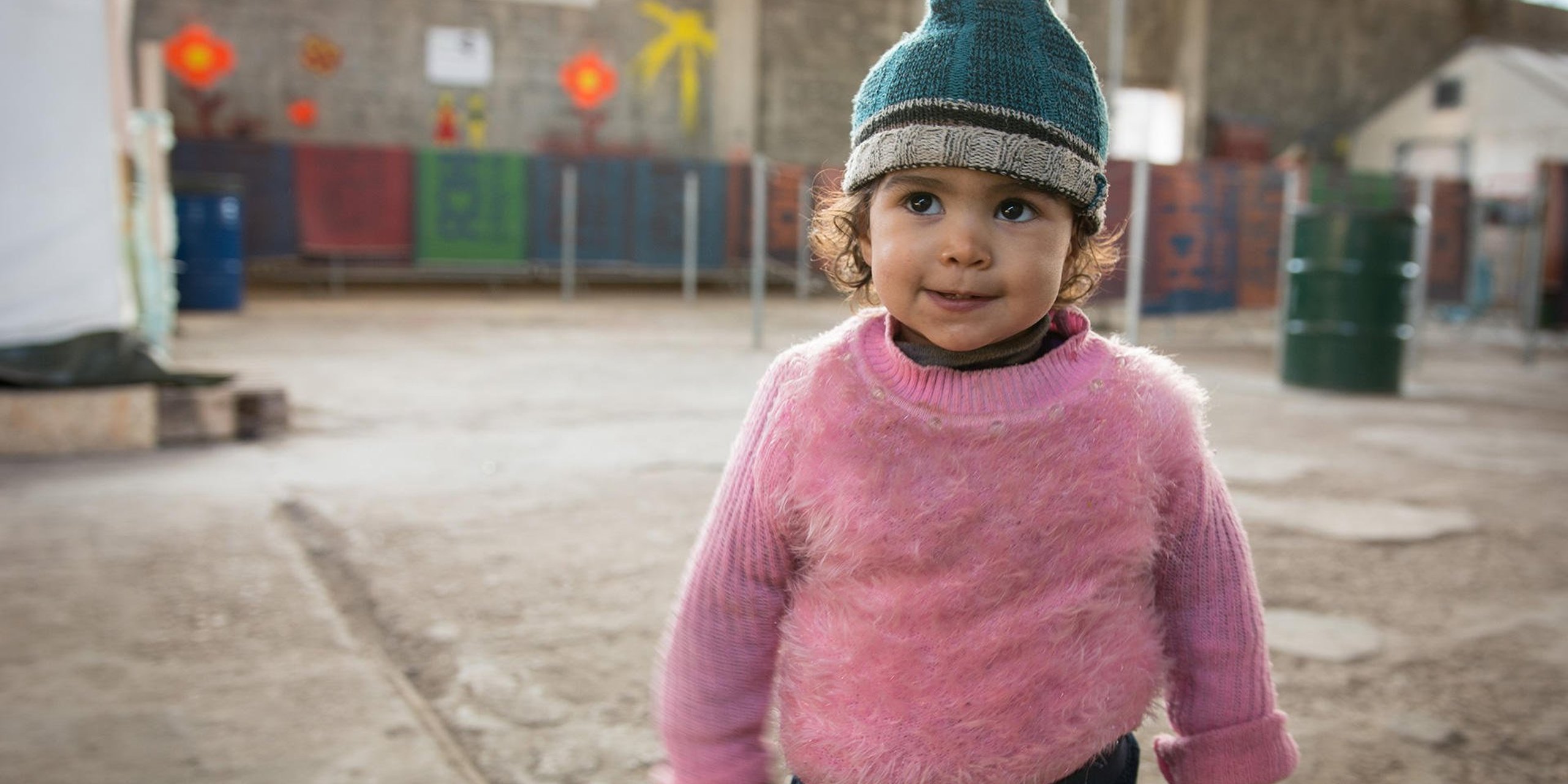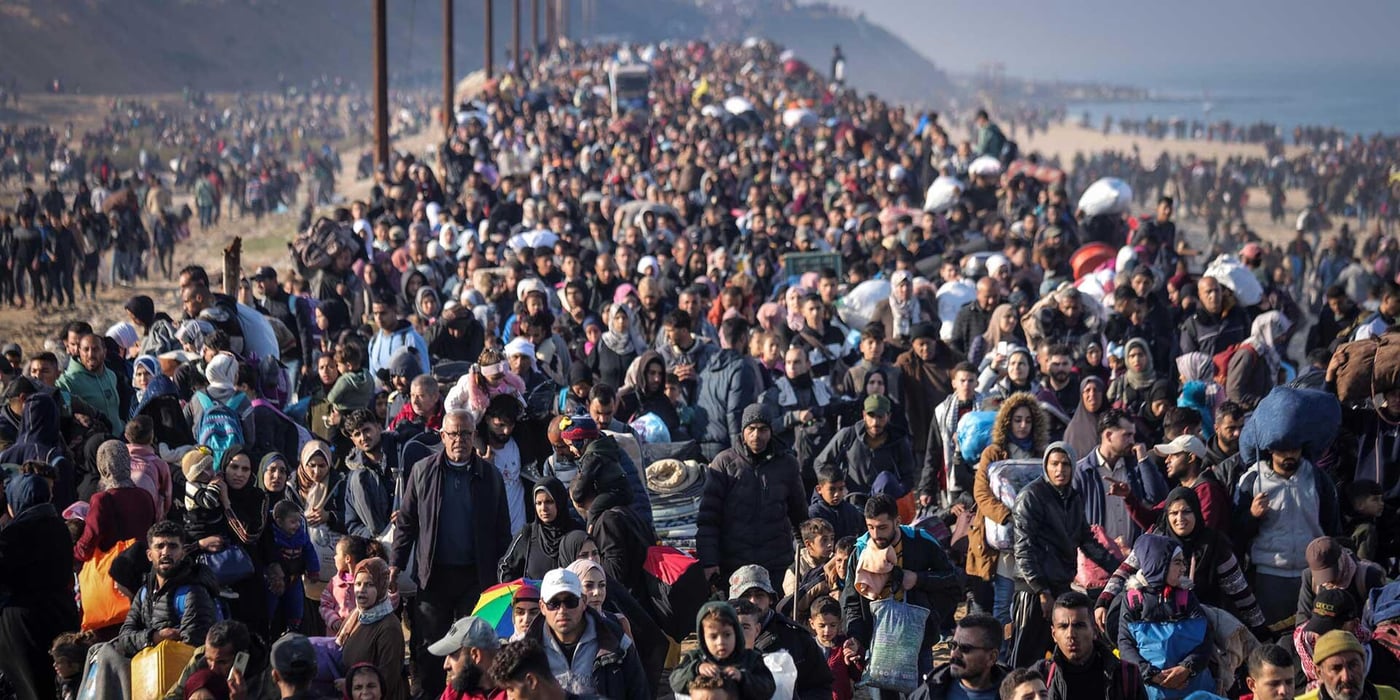
Ahead of the European Summit on 18 and 19 February where European leaders will discuss the migration and refugee crisis, NRC is calling on the European Union and its member states to resist the imposition of new border controls and instead agree a credible collective strategy to respond to the current migration challenge. If not, long-term and large scale refugee camps in Greece, the Balkans and elsewhere may be the end result.
“A European fortress approach, with closed borders, will only serve to dilute EU laws and values and send an appalling signal to the rest of the world regarding our commitment to uphold international refugee law”, said Secretary General of the Norwegian Refugee Council Jan Egeland.
More than a million refugees and migrants crossed the Mediterranean into Europe last year. Still, this represents only about 0.2 percent of the total population of the European Union.
“European countries have joined in a sorry race to the bottom – turning what should be a manageable influx of refugees and migrants into a full scale crisis. The crisis we are witnessing now is a political crisis, created by the lack of cooperation and solidarity between European countries”, said Jan Egeland, NRC’s Secretary General.
Over the past few months, numerous countries along the refugee transit route from Greece to Northern and Western Europe have unilaterally built border fences or imposed border controls preventing onwards movement to all but a handful of nationalities. There are new concerns that the Greek-Macedonia border will soon be sealed. The European Commission has also threatened to suspend Greece from Schengen, the open border arrangement shared by many EU countries.
“If the Greek-Macedonian border is sealed, or if Greece is suspended from Schengen, Europe will see massive refugee camps on its soil as large numbers of people seeking protection will become trapped - unable to travel beyond Greece, nor return. Leaving one of Europe´s poorest countries to handle this alone, would put hundreds of thousands of women, men and children at risk, as Greece would struggle to manage the reception facilities for the refugees arriving,” said Egeland.
Despite expectations that the flow of people fleeing war and poverty would slow during the winter months, UNHCR figures show that over 76,000 people – nearly 2,000 per day, have reached Europe by sea since the start of the year. January was also the deadliest month on record in the waters between Turkey and Greece.
“It is not the borders that are in urgent need of protection, it is the refugees. When we see parents taking their young children on a dangerous journey across the sea from Turkey to Greece – it tells us something about their desperation and their lack of better alternatives. Closing borders will solve no problems, it will only serve to put people at increased risk and make them more dependent on smugglers”, said Egeland.
NRC calls on the EU to institute the following critical steps:
- Commit to receiving more refugees through the EU relocation scheme to provide increased options for safe passage through the EU. To date, five months after the scheme was launched and despite more than a million refugees reaching Europe over the past year, less than 3% of the 160,000 refugee relocation places have been made available and just 497 people have actually been relocated. European countries must urgently commit to receive more refugees, invest more resources to support the administration of the scheme and review and simplify eligibility criteria.
- Scale up support to frontline states such as Greece and Italy and transit countries, such as FYROM and Serbia, to improve their emergency reception, assistance and registration and ensure that they are in line with EU standards.
- Create more safe and legal routes to Europe – this is vital to reduce risks to refugees and also to help combat people-smuggling. Alternative legal entry schemes include family reunification, sponsorship programmes, educational scholarship, humanitarian visas and resettlement. The EU will also need to act swiftly and robustly in order to work towards harmonised asylum policies and ensure these are well resourced.
- Scale up the assistance to humanitarian crises, like Syria and the neighbouring countries, Iraq and Afghanistan.
Note to editors:
The Norwegian Refugee Council (NRC) is a humanitarian organisation working in more than 25 countries globally, including Greece, Serbia, Syria and its neighbouring countries, Afghanistan and Iraq.



